To provide the best experiences, we use technologies like cookies to store and/or access device information. Consenting to these technologies will allow us to process data such as browsing behaviour or unique IDs on this site. Not consenting or withdrawing consent, may adversely affect certain features and functions.
The technical storage or access is strictly necessary for the legitimate purpose of enabling the use of a specific service explicitly requested by the subscriber or user, or for the sole purpose of carrying out the transmission of a communication over an electronic communications network.
The technical storage or access is necessary for the legitimate purpose of storing preferences that are not requested by the subscriber or user.
The technical storage or access that is used exclusively for statistical purposes.
The technical storage or access that is used exclusively for anonymous statistical purposes. Without a subpoena, voluntary compliance on the part of your Internet Service Provider, or additional records from a third party, information stored or retrieved for this purpose alone cannot usually be used to identify you.
The technical storage or access is required to create user profiles to send advertising, or to track the user on a website or across several websites for similar marketing purposes.
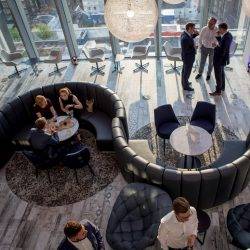 Just because somebody’s an introvert, doesn’t mean they want to be alone
Just because somebody’s an introvert, doesn’t mean they want to be alone






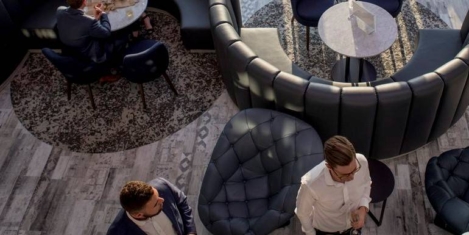

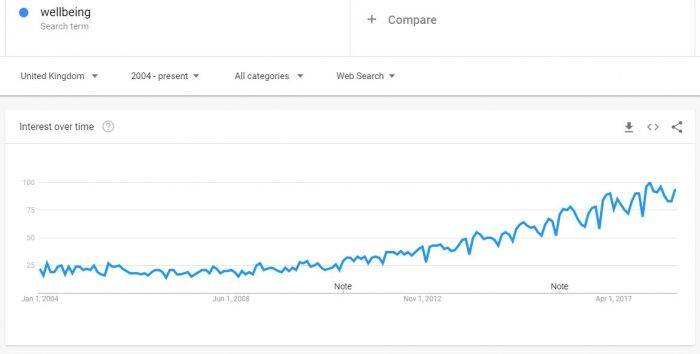



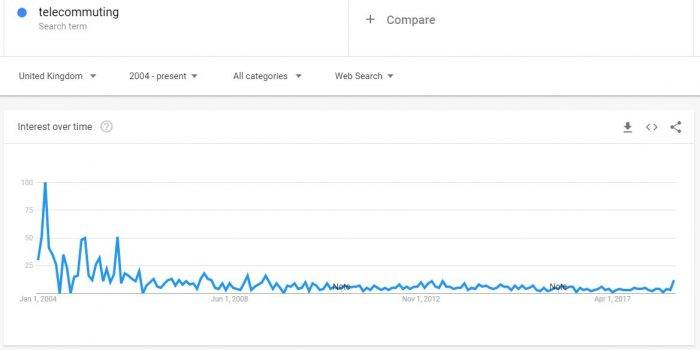
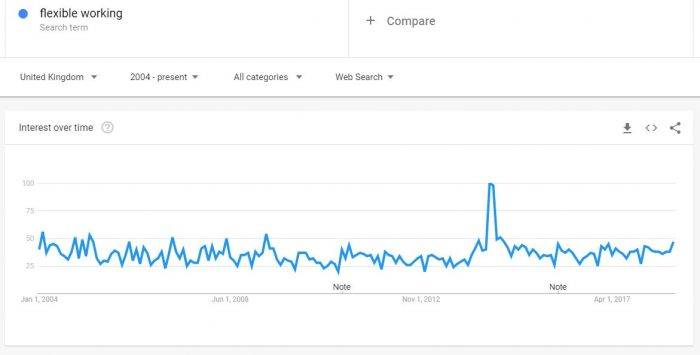
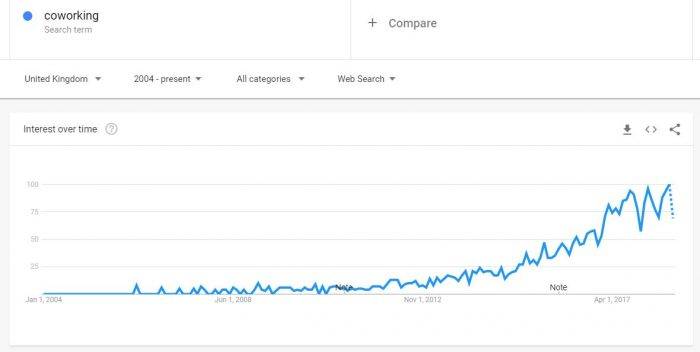
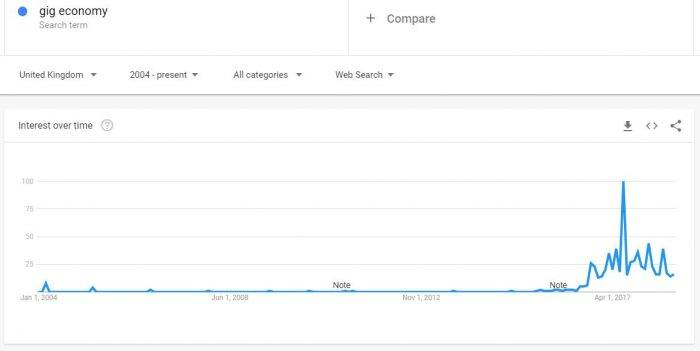
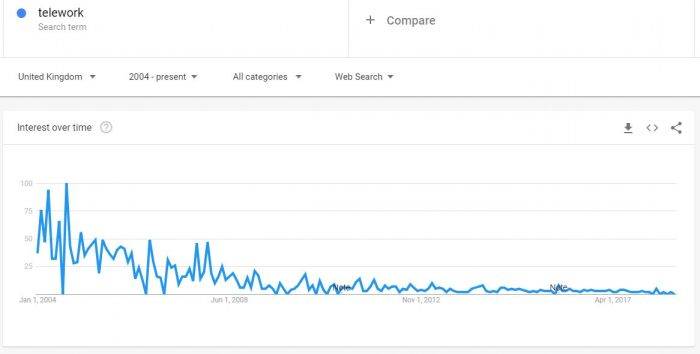
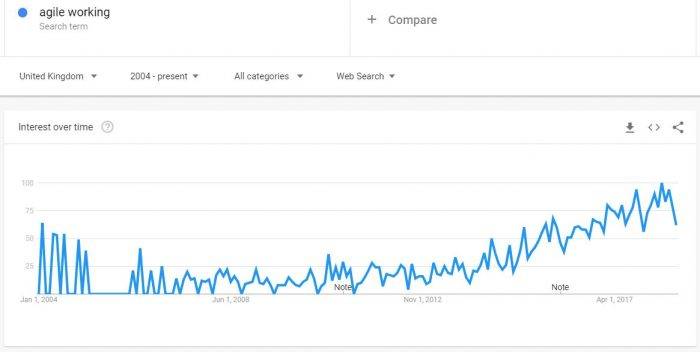

 The quality of the coffee is the most important feature for office occupants, with two thirds of workers saying a decent flat white or cappuccino is an essential for a productive and engaged workforce. Research by coworking developer Areaworks also found that being closer to the outdoors, and the ability to work from a balcony or roof terrace was an important factor for 64 percent. Hanging chairs, bean bags and flexible spaces are a must for most, as half of office workers want to ditch fixed desks in favour of casual seating and hot desking, making it a top five most favoured feature. the office gimmicks failed to feature on most people’s workplace bucket list. The installation of office gimmicks such as fireman’s poles and ball pits all failed to feature on most people’s workplace list, but slides did make the list, while the majority (66 percent) included a fridge complete with beer and prosecco among their choice items.
The quality of the coffee is the most important feature for office occupants, with two thirds of workers saying a decent flat white or cappuccino is an essential for a productive and engaged workforce. Research by coworking developer Areaworks also found that being closer to the outdoors, and the ability to work from a balcony or roof terrace was an important factor for 64 percent. Hanging chairs, bean bags and flexible spaces are a must for most, as half of office workers want to ditch fixed desks in favour of casual seating and hot desking, making it a top five most favoured feature. the office gimmicks failed to feature on most people’s workplace bucket list. The installation of office gimmicks such as fireman’s poles and ball pits all failed to feature on most people’s workplace list, but slides did make the list, while the majority (66 percent) included a fridge complete with beer and prosecco among their choice items.





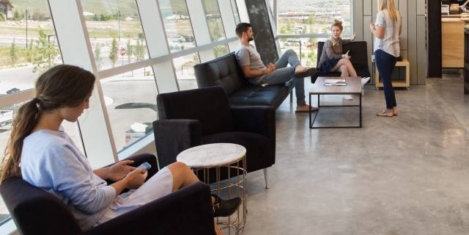
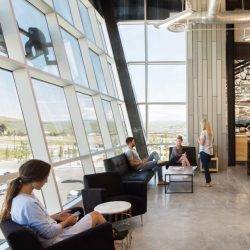

 The provision of flexible office space is increasing as landlords look to capitalise on its increasing demand by occupiers. Alongside this a significant proportion would be happy to work in partnership with a flexible office space provider. According to a new study; UK Landlords & Investors Embrace the Flexible Revolution from CBRE, the majority of UK landlords (92 percent) believe that flexible office space is on the brink of becoming mainstream and are not only keen to monitor but respond to the growth of flexible office space. Over three quarters (77 percent) of survey participants stated that they are currently considering some form of flexible provision, with 79 percent declaring an intention to act within the next 12 months.
The provision of flexible office space is increasing as landlords look to capitalise on its increasing demand by occupiers. Alongside this a significant proportion would be happy to work in partnership with a flexible office space provider. According to a new study; UK Landlords & Investors Embrace the Flexible Revolution from CBRE, the majority of UK landlords (92 percent) believe that flexible office space is on the brink of becoming mainstream and are not only keen to monitor but respond to the growth of flexible office space. Over three quarters (77 percent) of survey participants stated that they are currently considering some form of flexible provision, with 79 percent declaring an intention to act within the next 12 months. 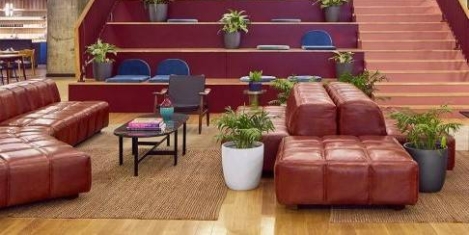
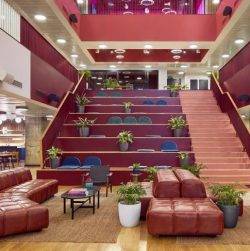



 Users of co-working and flexible space rapidly growing in numbers, according to a report, Marketplace for flexible work, from research conducted by (flexible workspace provider) The Instant Group and architects HLW. The report claims to ‘analyse’ the coworking and flexible workspace sector to gather a ‘360-degree perspective’ of the industry to determine where ‘perspectives align and diverge among stakeholders’. The research also claims that location and the ability to assign or reassign employees to workspace on short notice were also important influencers when choosing flexible workspace over conventional office space. Looking forward, the research claims that more than half of the companies interviewed envisage spending less time working from a traditional company office space.
Users of co-working and flexible space rapidly growing in numbers, according to a report, Marketplace for flexible work, from research conducted by (flexible workspace provider) The Instant Group and architects HLW. The report claims to ‘analyse’ the coworking and flexible workspace sector to gather a ‘360-degree perspective’ of the industry to determine where ‘perspectives align and diverge among stakeholders’. The research also claims that location and the ability to assign or reassign employees to workspace on short notice were also important influencers when choosing flexible workspace over conventional office space. Looking forward, the research claims that more than half of the companies interviewed envisage spending less time working from a traditional company office space.








September 14, 2018
All those workplace trends lists that you see? We’ve been there before 0
by Mark Eltringham • Comment, Facilities management, Furniture, Workplace design
(more…)